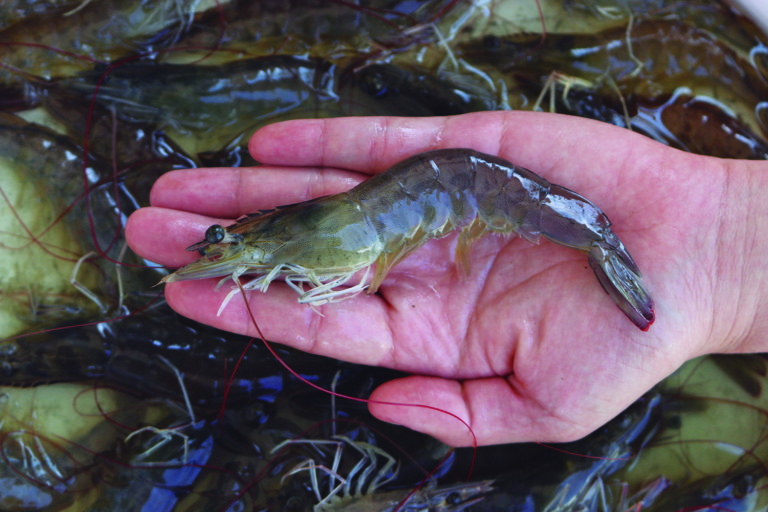
Health & Welfare
Improving the osmoregulatory capacity of Pacific white shrimp grown in low salinity
Study shows it is possible to improve shrimp production in low-salinity waters by correcting magnesium and potassium deficiencies.
Aquafeeds
In a study of extruded feeds given to Pacific white shrimp juveniles, results showed shorter crop cycles, higher production yields and a cost reduction.

Health & Welfare
Study shows it is possible to improve shrimp production in low-salinity waters by correcting magnesium and potassium deficiencies.
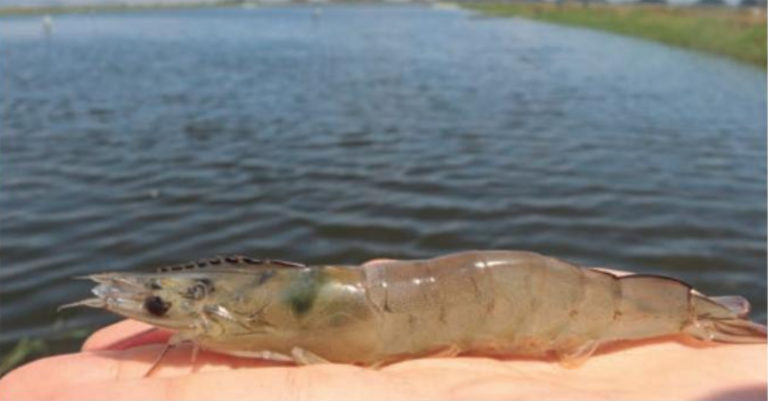
Aquafeeds
Existing dynamic models applied to the growth of Pacific white shrimp can describe and predict feeding behavior to help farmers achieve maximum benefits.
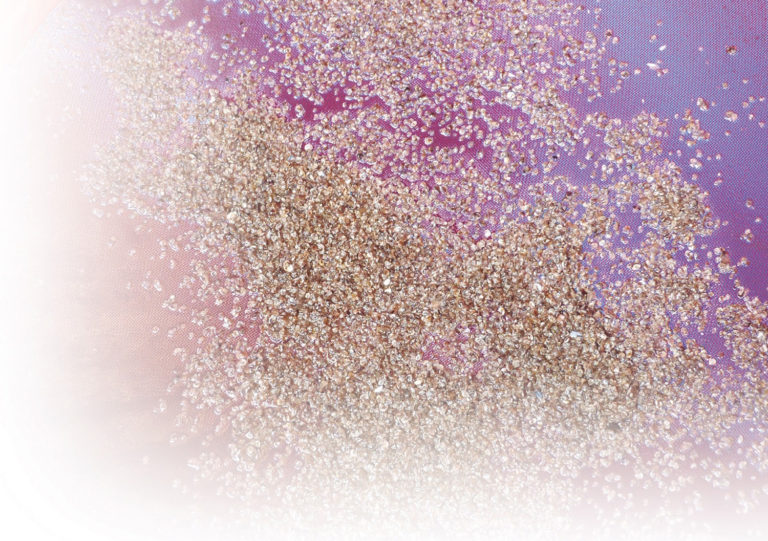
Aquafeeds
The increasing use of automatic feeding systems in shrimp ponds has brought attention to the need to improve the physical quality of aquafeeds, because their properties largely affect the performance of these feeders.
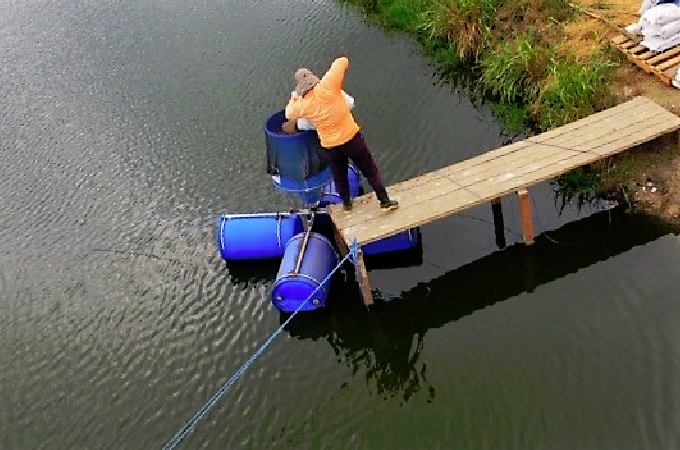
Aquafeeds
Studies showed that the demand feeding system for farmed shrimp – based on multi-rations and combined with sound detection – can be used to distribute the correct dosage of aquafeed with high nutritional density.
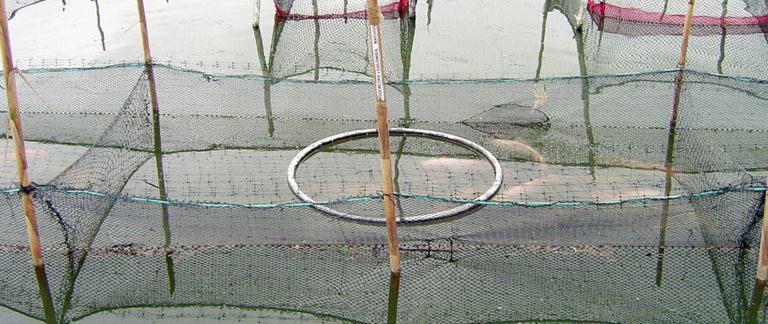
Health & Welfare
Studies have proposed the use of anesthetics obtained from natural sources as alternatives to conventional chemicals. The authors recently evaluated the efficacy of the anesthetic Eugenol with a small sampling of red tilapia fingerlings and breeders.
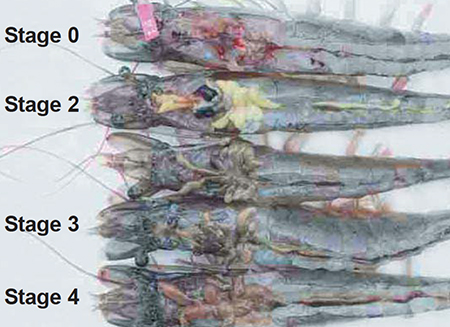
Health & Welfare
The biochemical characterization of wild female broodstock provides baseline data on the roles of lipids and vitamins in shrimp maturation.